Will he or won’t he? That’s the question on everyone’s mind ahead of the big Nobel Peace prize announcement. Speculation is rife on whether the United States President Donald Trump will win the big honour today (October 10).
In recent times, the US president has heavily lobbied for the honour, citing he has helped end seven wars. Doubts linger over his claim of seven wars. And if that wasn’t enough, just two days before the announcement, Israel and Hamas have finally agreed on stage one of his Gaza peace plan.
Experts and Nobel veterans argue that the Norwegian Nobel Committee are unlikely to give Trump the honour he so very badly craves. That’s because they prioritise lasting peacebuilding and multilateral diplomacy over short-term or unilateral achievements. The US president has openly expressed his disdain to several multilateral institutions (who can forget that UN General Assembly speech this year, or that he bullied Nato countries to up their defence spending). Trump has also expressed disregard for global climate change and his often polarising rhetoric also works against him.
But as Mohan Guruswamy wrote in a column in Rediff.com, “This award has a history of having less to do with actual contributions and more to do with some part of a larger agenda. Some pretty dubious people have received this. Many more were patently undeserving.”
In light of such a situation, here’s a look at some of the controversies that have dogged the Nobel Peace Prize and why some believe that the award has drifted away from peace.
War and Peace
There’s an irony to the Nobel Peace Prize. It was founded by Alfred Nobel, who famously invented dynamite and devoted his life to advancing weapons technologies, including rockets, cannons and progressive powder (a slow-burning explosive).
Although Nobel intended dynamite for constructive purposes such as blasting tunnels and bridge footings, the inventor didn’t hold back when it came to perfecting weapons. It seems ironic that the man who earned his fortunes off the back of wars, bequeathed it to achieve peace.
No Nobel for Mahatma Gandhi
Many would think that Mahatma Gandhi, fondly remembered as India’s Father of the Nation, would be an apt candidate to win the Nobel Peace Prize. But for the 105 times that this award has been given, Gandhi never made the cut, raising questions over the credibility of the honour.
The Norwegian Nobel Committee says that Gandhi was nominated in 1937, 1938, 1939, 1947. However, each year, he missed out on the award. In 2006, the former director of the Nobel Institute, Geir Lundestad, said the greatest omission in the prize’s history was never awarding the peace prize to Mahatma Gandhi.
According to Lundestad, Gandhi was shortlisted five times, but the committee’s Euro-centric viewpoint and its failure to appreciate the struggle for freedom in colonies kept Gandhi from receiving the award. “Gandhi could do without the Nobel Peace Prize. Whether the Nobel committee can do without Gandhi, is the question,” said Lundestad.
The 1973 Nobel to Kissinger
In 1973, US Secretary of State Henry Kissinger and North Vietnamese diplomat, Le Duc Tho, were awarded the Nobel Peace Prize for negotiating the Paris peace accords, which officially brokered a ceasefire to the Vietnam War.
The selection of winners of the award was heavily criticised as Kissinger had ordered a bombing of Hanoi during the negotiation for the truce.
Two members of the Nobel Peace Prize committee resigned in protest of Kissinger’s selection.
Tho, who was the first Asian awarded for the honour, decline his half of the award, saying “peace has not yet been established,” and also said that accepting the prize would be giving into “bourgeois sentimentalities.”
The New York Times called the award the ‘Nobel War Prize,’ since Kissinger, as Nixon’s Secretary of State, had authorised bombing raids on Khmer Rouge and the North Vietnamese in Cambodia. The war would continue for another year, and in 1975, North Vietnam would invade South Vietnam, and Saigon would fall to North Vietnamese forces. Le Duc Tho was still in government at the time, and Kissinger offered to return the award to the Nobel committee, but the committee refused.
Arafat, Shimon Peres and Yitzhak Rabin stir a Nobel controversy
When the Nobel Committee announced in 1994 that Palestinian leader Yasser Arafat, Israel’s Yitzhak Rabin and Foreign Minister Shimon Peres had won the award for their work on the Oslo Peace Accords, controversy erupted.
Luke Graham at CNBC noted the award was controversial for many reasons. The Israel-Palestine conflict did not end after the Oslo Peace Accords.
Moreover, there was massive criticism against the awardees itself. Kare Kristiansen, a Norwegian member of the Nobel Committee said that Arafat was the “world’s most prominent terrorist” because of his support for the terrorism of the Palestine Liberation Organization (PLO).
Columnist Jay Nordlinger in The Times of Israel called Arafat “the worst man ever to win the Nobel Peace Prize.”
Obama’s Nobel mistake
Just nine months into his first term in office, United States’ Barack Obama was awarded the Nobel Peace Prize “for his extraordinary efforts to strengthen international diplomacy and cooperation between peoples.”
The decision received massive backlash, with many arguing that the prize was premature. Nicholas Kristof wrote in the New York Times, “Obama’s work on the Middle East, mostly through Senator Mitchell’s efforts, are sensible but haven’t produced any results yet. They certainly don’t match the intensive efforts that Bill Clinton made with his Middle East peace negotiations in the fall of 2000. Likewise, Obama’s efforts on nuclear disarmament/non-proliferation are important, but they are purely an aspiration.”
Brian Becker, national coordinator of Act Now To Stop War and End Racism, had said in a Reuters report at the time, “This is the Nobel committee giving Obama the ‘you are not George W Bush’ award.”
In 2015, Geir Lundestad, the former Nobel secretary, wrote in his memoir that the committee thought the prize would strengthen the US president, but that it didn’t have this effect.
“No Nobel Peace Prize ever elicited more attention than the 2009 prize to Barack Obama,” Lundestad said in his book, adding, “Even many of Obama’s supporters believed that the prize was a mistake. In that sense the committee didn’t achieve what it had hoped for.”
European Union, an undeserving winner
The Nobel’s decision of 2012 to honour the European Union came under much criticism.
Many complained about the choice, as the European Union was dealing with several pressing economic problems, including the Greek debt crisis. Also, there were arguments about how European countries continued to make huge profits off of selling weapons and fuelling conflicts.
Past prize winners Desmond Tutu, Adolfo Perez Esquivel and Mairead Maguire also said the EU did not deserve the award. In a letter to the committee, the trio wrote that the EU was “clearly not part of those protagonists of peace” who Alfred Nobel had in mind in 1895 when he first invented the prize.”
When Nobel winners turned their backs on peace
The Nobel Peace Prize has also come under criticism for its premature or faulty understanding of peace or for being politically motivated.
For instance, the Nobel Committee awarded the peace prize to Woodrow Wilson in 1919 for his work in helping to form the League of Nations. Many question the award to the 28th US president stating that he was president when the US entered World War I, and during the negotiations for the Peace of Paris, he sacrificed many of his “Fourteen Points” to achieve the League, which the United States never joined.
There’s also the case of Myanmar’s Aung San Suu Kyi. Awarded the honour in 1991 for her non-violent struggle for democracy and human rights, in years to follow, she fell from grace for her lack of response to the Rohingya crisis that befell Myanmar. The Al Jazeera even published an opinion in 2017 titled ‘Aung San Suu Kyi does not deserve the Nobel Peace Prize’.
And last but not the least is Ethiopia’s Prime Minister Abiy Ahmed, who won the prize in 2019 for ending the 20-year conflict between Eritrea and Ethiopia by establishing a peace agreement. He was praised outside the country for his reforming zeal. However, his image was shattered after he launched a civil war in the north of the country in November 2020. Today, he has been criticised for human rights violations and war crimes committed by his forces in the Tigray region.
It’s no wonder then that the Nobel Peace Prize is the most controversial awards of them all.
With inputs from agencies


)
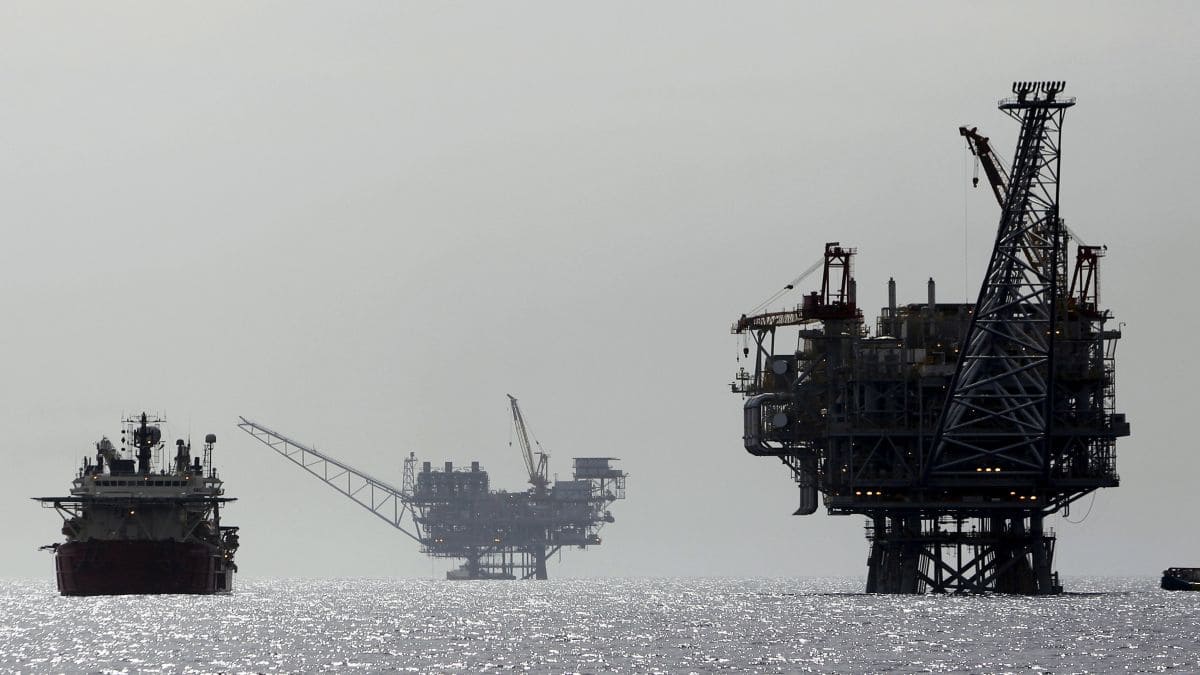
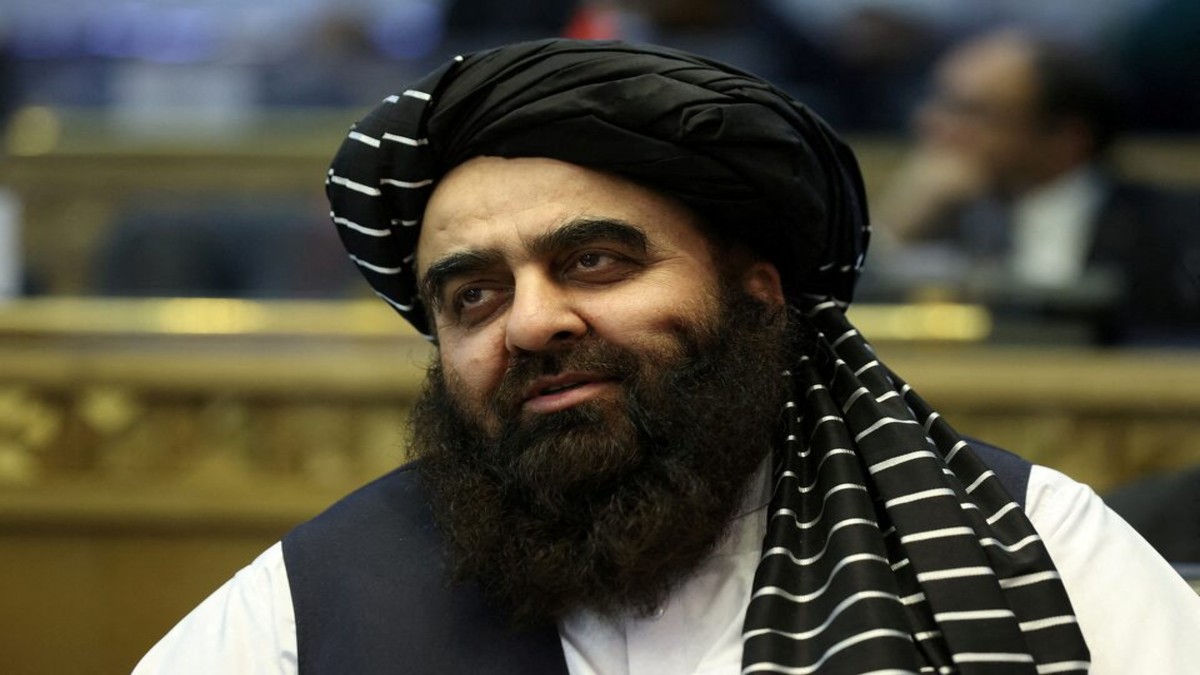)
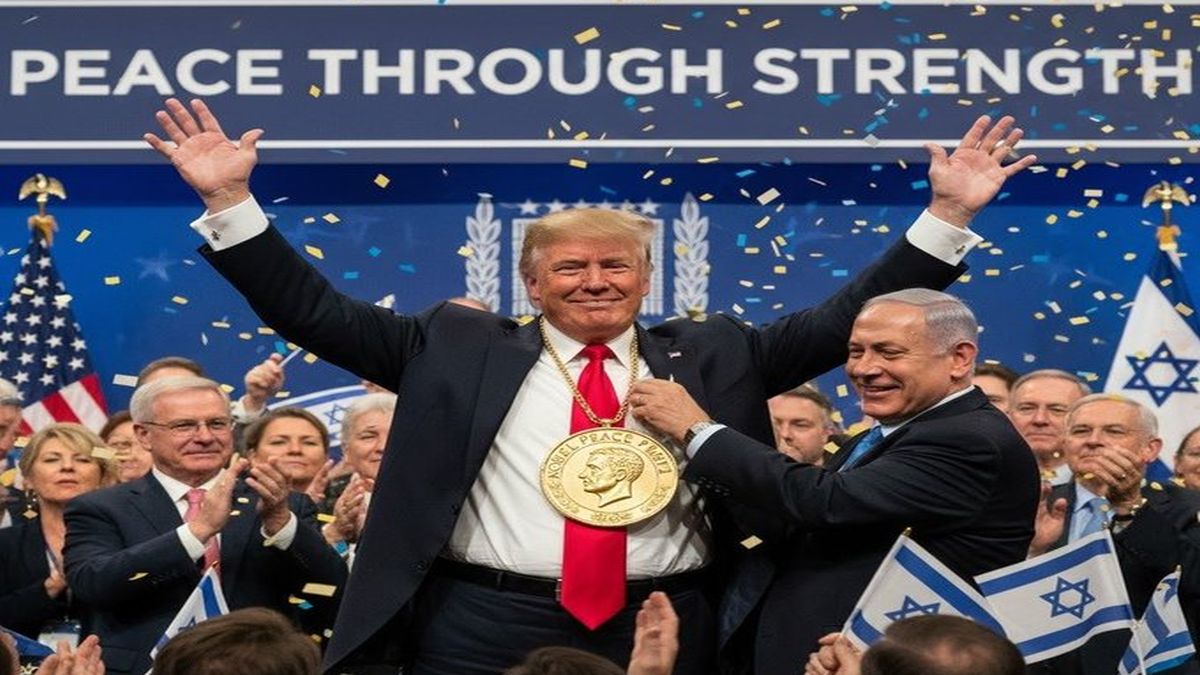)
)
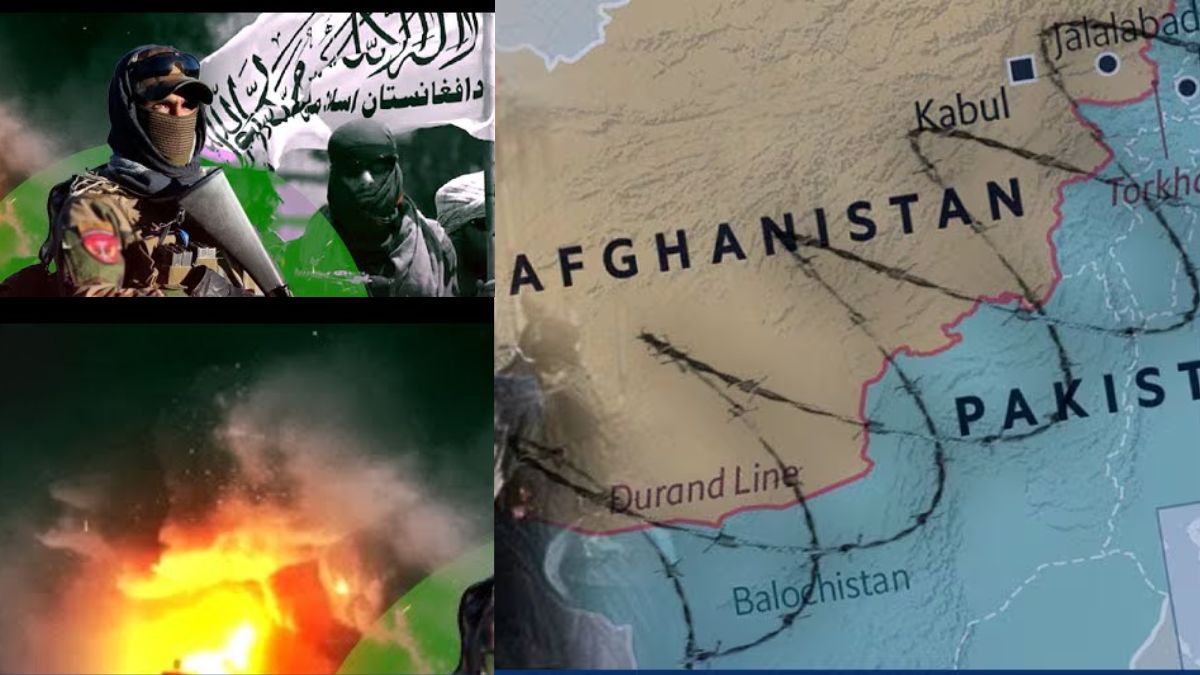)
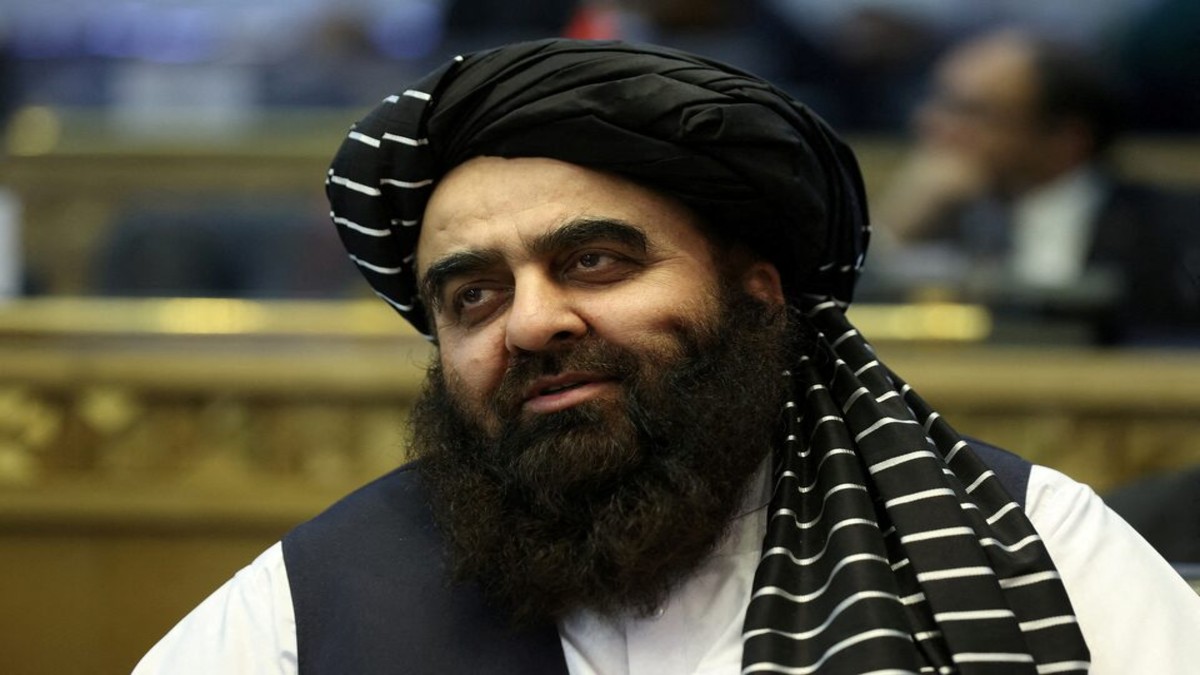)
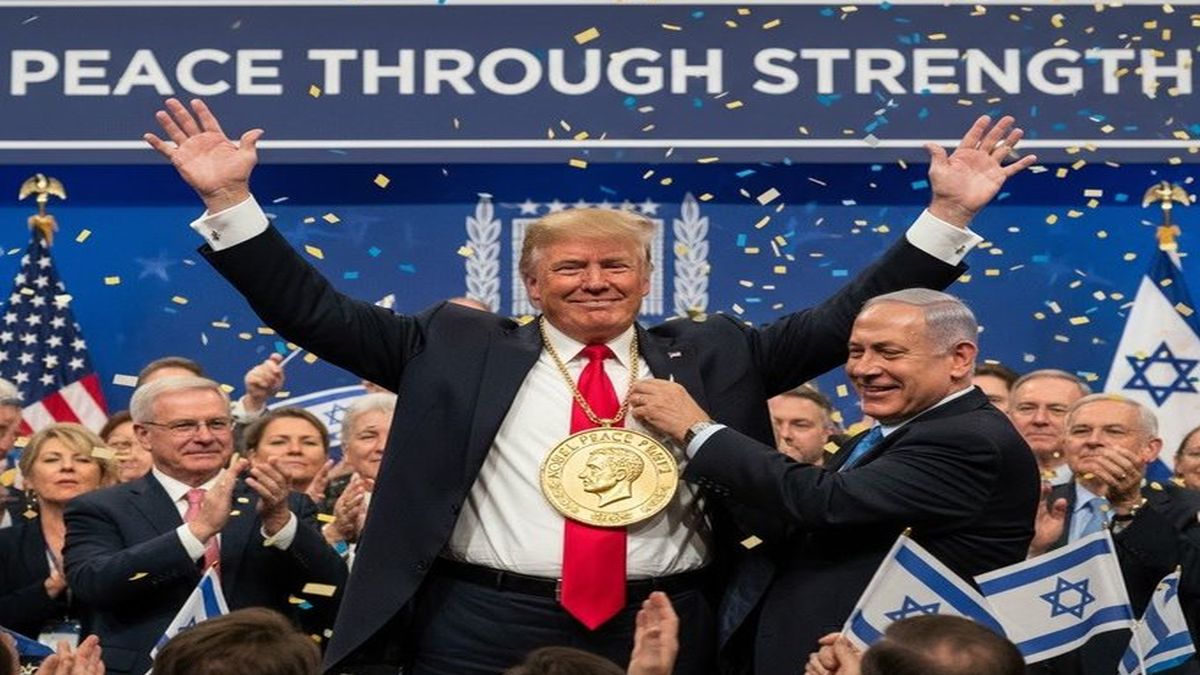)
)
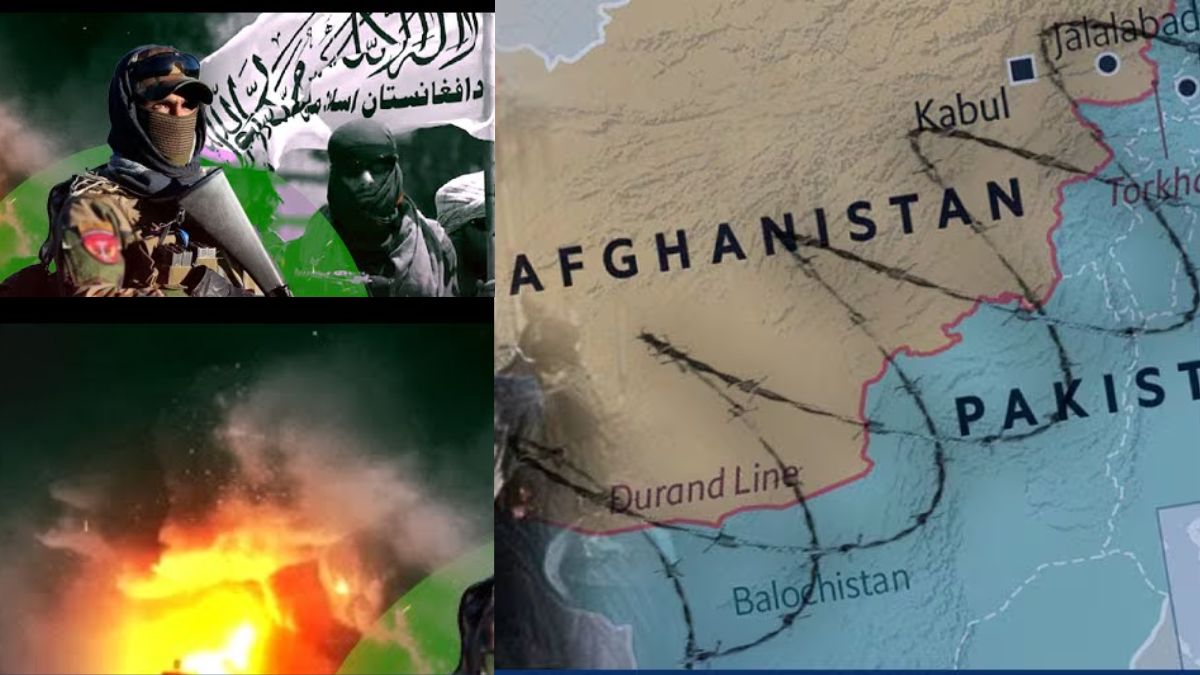)



